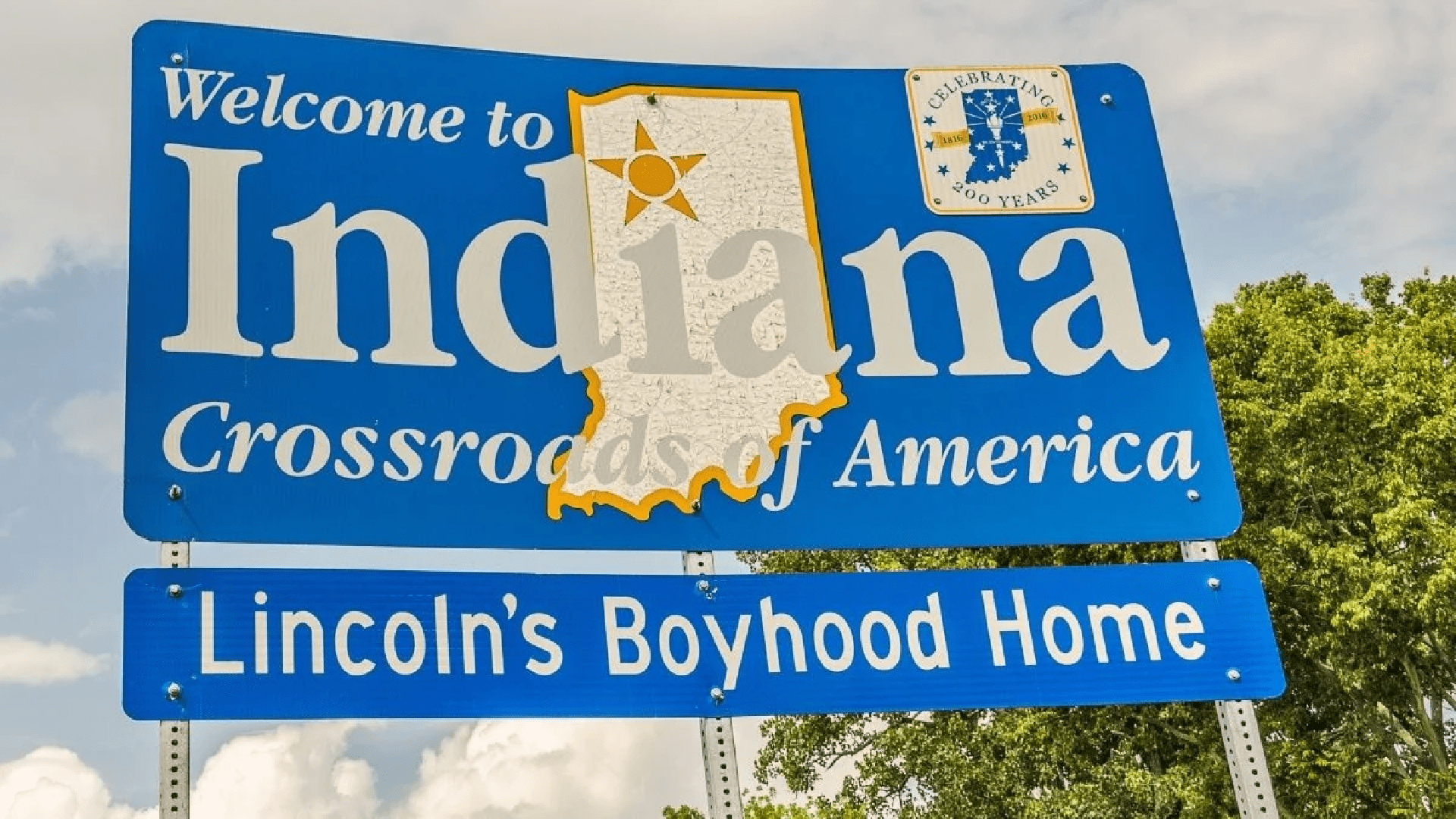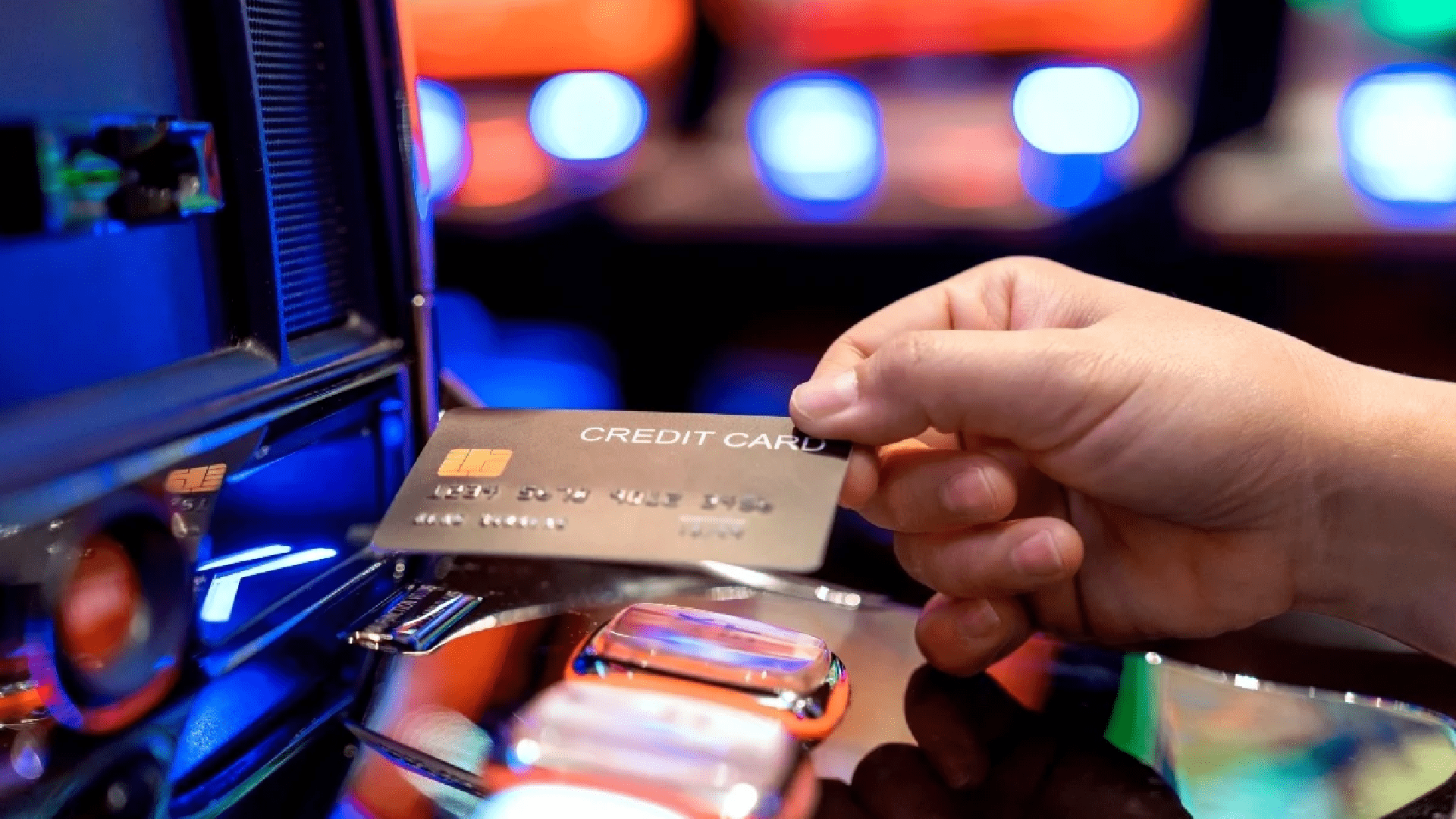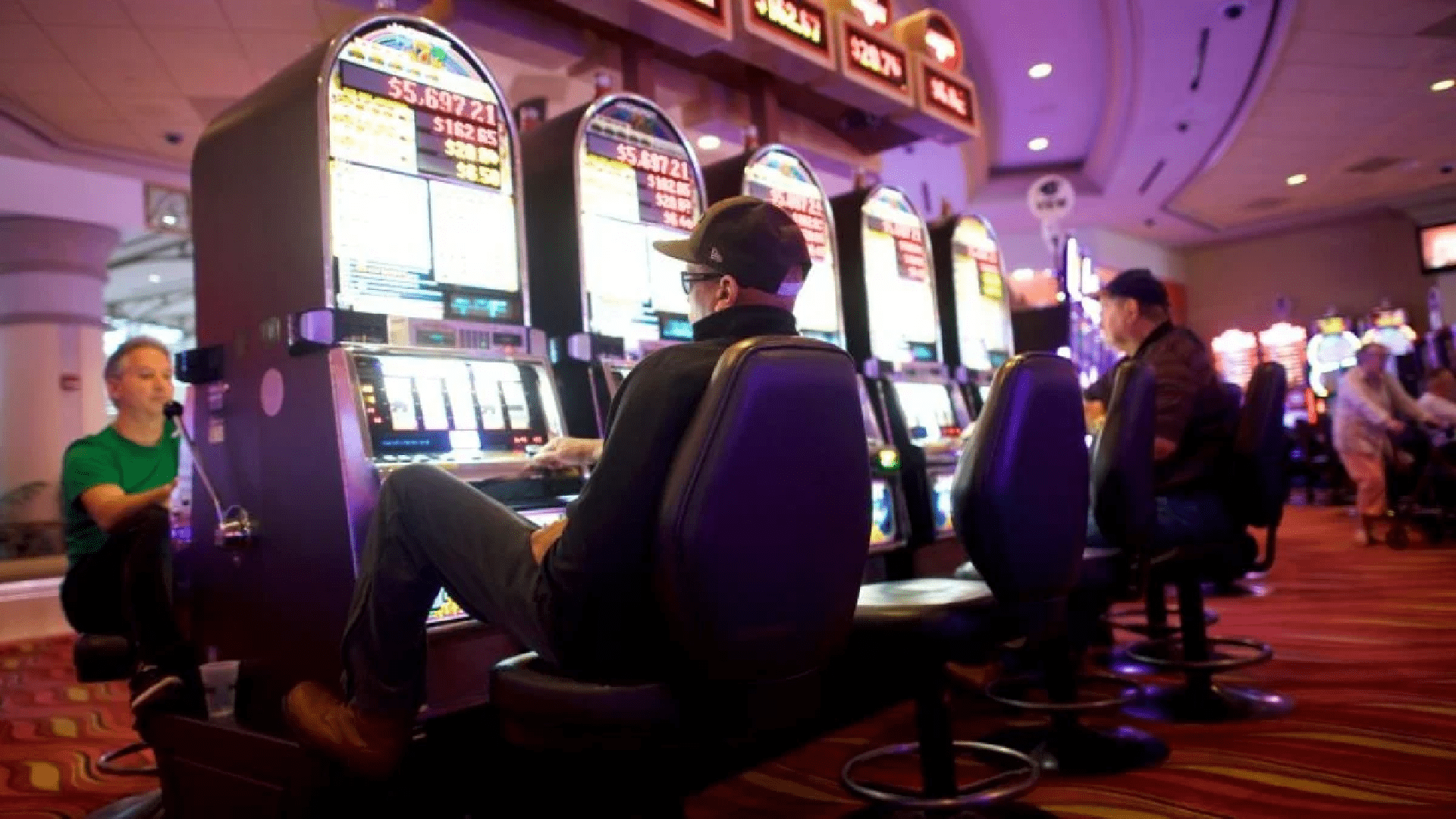
Louisiana Sports Betting Tax Hike Proposal Meets Quick Death
A suggestion to increase Louisiana's sports betting tax to 51% has swiftly been abandoned following pressure from the gaming sector.
On Monday, Rep. Roger Wilder III (R-Livingston Parrish) introduced House Bill 22 (HB 22), aiming to increase the state’s tax on sports betting from 15% to 51%, more than tripling it. Had that legislation been enacted and signed into law, Louisiana would have been aligned with New York and Vermont as the states imposing the highest taxes on sports betting. On Wednesday, Wilder requested that the bill be postponed, recognizing he needs to talk about the issue with the industry.
"I have some learning to do,” Wilder said to local media. “I look forward to hearing the testimony from the industry, to gain a deeper insight of what the industry has with respect to their needs and their concerns on this issue.”
Wilder’s bill, backed by both parties, was included in Gov. Jeff Landry’s (R) larger tax plan designed to increase revenue and stimulate the state’s economy. The state representative mentioned that he will keep working on the proposal, but it is nearly dead for the ongoing session, which ends on November 25.
Increased Taxes on Sports Betting Not Well Received
So far this year, only Illinois has raised its sports betting taxes, adopting a progressive system where the largest market share operators contribute more than their smaller competitors.
The state's choice ignited significant speculation about which financially struggling states might follow, and although there was extensive debate, Louisiana was not expected to be among the regions looking to raise sports betting taxes.
As expected, the gaming sector is not in favor of tax increases, pointing out that there's a balanced solution where they can prosper and states can collect necessary funds. Certain executives have contended that states should be realistic about increasing gaming taxes, as rapid hikes could compel operators to transfer greater costs to bettors, potentially affecting handle and revenue negatively.
Louisiana's estimated handle is around $3 billion, placing it in the higher range of states that have legalized sports betting. The state earns approximately $55 million in yearly revenue from regulated online sports wagering.
Louisiana Sports Betting Tax Received Backing, Encountered Opposition
The industry might have been surprised to learn that Louisiana — a red state — featured a sports betting tax increase proposal, but as previously mentioned, Wilder's bill was backed by both parties. It was additionally supported by community organizations from both the left and right that were worried about negative impacts resulting from the spread of gambling.
Concerning the industry's response to Wilder’s suggestion, an executive from Caesars Entertainment — one of the major casino operators in the state — informed KLAS News 12 that its investments in Louisiana account for a 15% tax on sports betting, not 51%.
“You think about our Caesars Superdome sponsorship at a 51% tax rate, we wouldn’t have made that investment,” said Caesars New Orleans Samir Moad in the interview.








